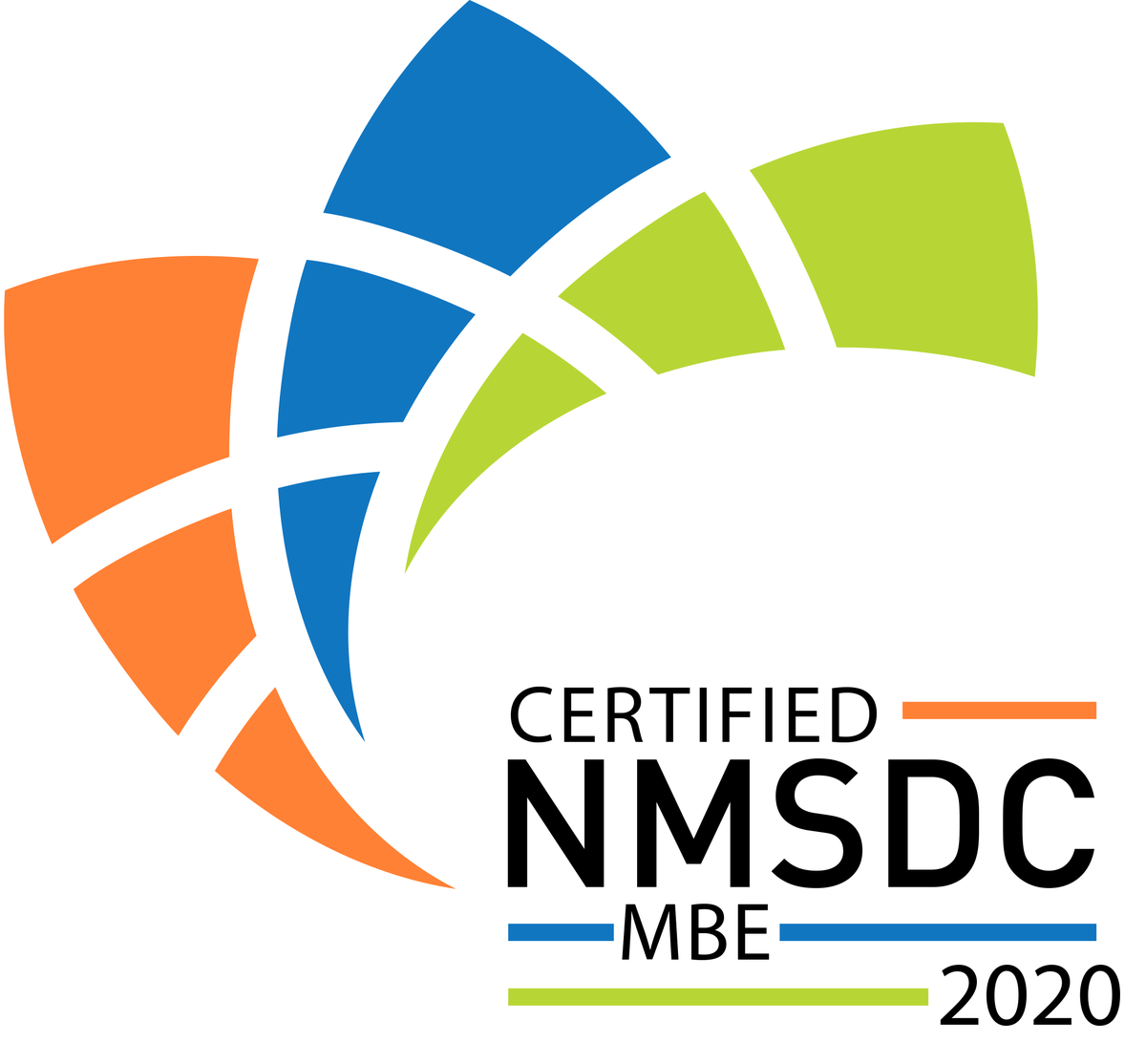Our Approach
Understand the Project Scope and Goals
Before beginning any right of way or land planning project, it’s important to have a clear understanding of the project scope and goals. This includes identifying the purpose of the project, the stakeholders involved, and any potential challenges or conflicts that may arise.
By having a clear understanding of the project scope and goals, we can develop a comprehensive plan that addresses all aspects of the project and ensures its success.


Identify Stakeholders and Build Relationships
One of the most important steps in navigating right of way and land planning projects is identifying all stakeholders involved and building relationships. This includes property owners, government agencies, community groups, and other organizations that may be impacted by the project. By building strong relationships with stakeholders, we can ensure their concerns and needs are addressed throughout the project and minimize potential conflicts.
We communicate regularly and transparently with stakeholders to keep them informed and engaged in the project. We also meet with city staff to determine the flexibility we have as we develop our opinions and plans to cure.
Conduct Thorough Research and Analysis
Before beginning any right of way or land planning project, it’s important that we thorough research and analysis. This includes gathering information about the project site, such as property boundaries, zoning regulations, and environmental factors. Except on rare occasions, someone from our team will visit the site to physically observe existing conditions, take photographs, and begin to get our minds around the issues at stake, and form an initial list of “important issues” to investigate; things like access, signage, parking, drainage, photometric, other utilities, and landscaping.
We review available documentation, such as recorded plats, title commitment, record drawings, site development requirements (if known), etc., to identify other potentially significant issues. It’s also important to analyze the potential impacts of the project on the surrounding community and environment. This information can help inform the project design and identify potential challenges or opportunities. Additionally, conducting the proper research and analysis can ensure that the project is in compliance with all relevant laws and regulations.


Develop a Comprehensive Plan and Timeline
Developing a comprehensive plan and timeline is essential for a successful project. This plan will outline all the necessary steps and tasks required for the project, including research, analysis, design, and construction. We come up with what we believe is the plan that works best with post-acquisition conditions and addresses the important issues for all stakeholders. Sometimes this involves negotiating modified access opportunities, legally non-conforming improvements, or finding other compromises to achieve the best result.
We also include a timeline for each step, as well as deadlines for completing each task. This process helps ensure the project stays on track and is completed on time and within budget.
Communicate Effectively and Manage Expectations
Effective communication is key to success for any project. Regular updates and progress reports are provided to keep everyone informed and on the same page. Once we have a developed plan, we send to our client for review and comment. With their buy-in, we will develop an Engineer’s Opinion of Probable Cost to execute our plan. These costs are based on our extensive experience and, if possible actual conversations with local contractors to increase our accuracy at the conceptual stage.
Often, our opinions and plans lead to resolution without proceeding to Special Commissioner’s Hearings, but if they do, we prepare additional exhibits to clearly demonstrate our opinions to attorneys from both sides as well as other witnesses and the Commissioners. Should the case proceed further to trial, we provide expert witness services until the end when the trial is concluded. Clear communication and expectation management can help prevent delays, conflicts, and other issues that can derail a project.

There is not enough room on one piece of paper for me to say as many good things as I have to say about this firm!!! They are my go to for pretty much anything I need even if its not engineering, because that is just how they are, always here to help find a solution!

Larae Deagen
Managing Member
DEACO GROUP
Projects

TxDOT: Loop 820 - Southeast Connector Project, Ft. Worth, Tarrant County, Texas
We recently completed 4 land plans with partial acquisitions involving improved properties for the Loop 820 Southeast Connector project in southeast Fort Worth.

TxDOT: U.S. 380; Princeton, Collin County, Texas
Recently completed 4 land plans with partial acquisitions involving improved properties for the U.S. 380 project in south Princeton.

TxDOT: I.H. 35E; Lewisville, Denton County, Texas
We also recently completed a land plan with partial acquisition involving improved property for the I.H. 35E project in central Lewisville.
Certifications





 Back
Back

